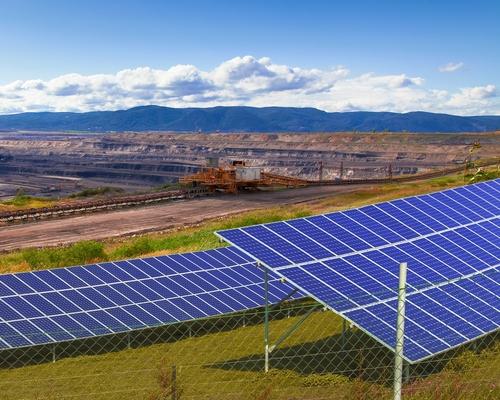Interim Co-Chair: Duncan McLaren, Lancaster University
Interim Co-Chair: Wim Carton, Lund University
The CSSN Working Group on “net-zero” engages with various social science aspects of net-zero in climate policy and discourse. It is increasingly clear that net-zero is being used by different actors in ways that lead to delay or obstruction through ambiguity and deliberate misinformation. Saudi Arabia, for example, pledged at COP26 to be net-zero by 2060, but their definition of net-zero does not count the burning of the oil they export to other countries.
Businesses too are using the term to mislead. According to analysis by the New Climate Institute, the net-zero targets of major multinationals aim in practice to reduce aggregate emissions by only 40% and fall well short of compatibility with the Paris accord. Such fudging of the concept of net zero may render it essentially meaningless, and indeed strong critiques of the concept as a form of greenwashing were raised at COP26 by many activists.
At the same time, new pushback against the perceived social and economic costs of net-zero policies is coming from organizations that have long promoted climate denial. And the popularity of net-zero has reinvigorated efforts to develop carbon offset markets, with all the opportunities for greenwashing and misinformation these still imply.
The CSSN working group on “net-zero” aims to track, explain, and analyze how net-zero relates to climate delay and obstruction, particularly the associated complexity and ambiguity involving policy, finance, and projects, as well as anti-net-zero partisanship from the right.
Analytical work is needed to expose the underlying assumptions and ideologies being used under the label of net-zero, and how different concepts and practices (and different actors) legitimize the term, ranging from science bodies like IPCC, through standards and initiatives for companies to participate in, corporate and financial actors, and through potential formal regulations via the UNFCCC or individual country pledges. Whether or not such practices and pledges actually result in reduced emissions quickly enough to make a difference for long-term temperature goals remains a key uncertainty around net-zero.
Objectives:
- To track and trace different uses of the term ‘net-zero’, and assess where, how and by whom they are used as a form of delay or obstruction. Because this is a discussion space that is moving incredibly fast, bringing together different strands of research together critically would have real value.
- To unpack the uncertainty, vagueness and contradictions of specific net-zero targets and pledges by different actors so as to strengthen critical oversight.
- Provide ‘explainers’ around how net-zero relates to other issues, including carbon offsets, claims of ‘carbon neutrality’, use of negative emissions technologies (NETs), and other strategies to meet net-zero.
- To provide high quality social science and critical analysis that can be used by activists to understand and potentially counter net-zero pledges.
Photo by Martin Lisner / Shutterstock



